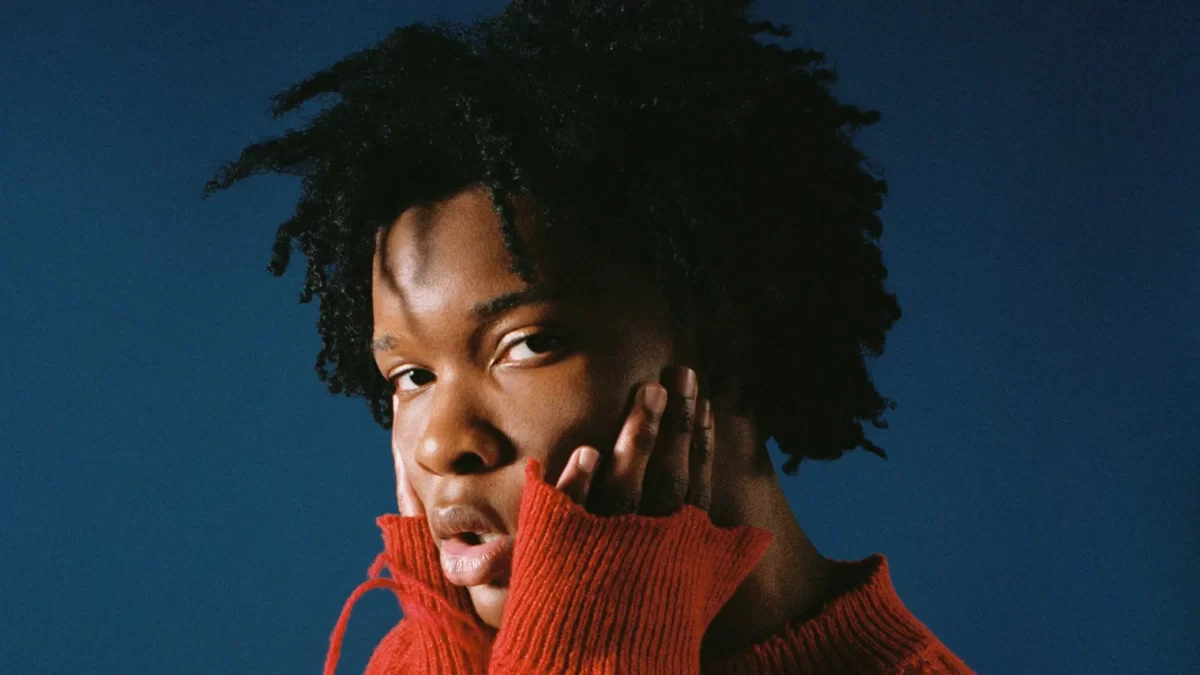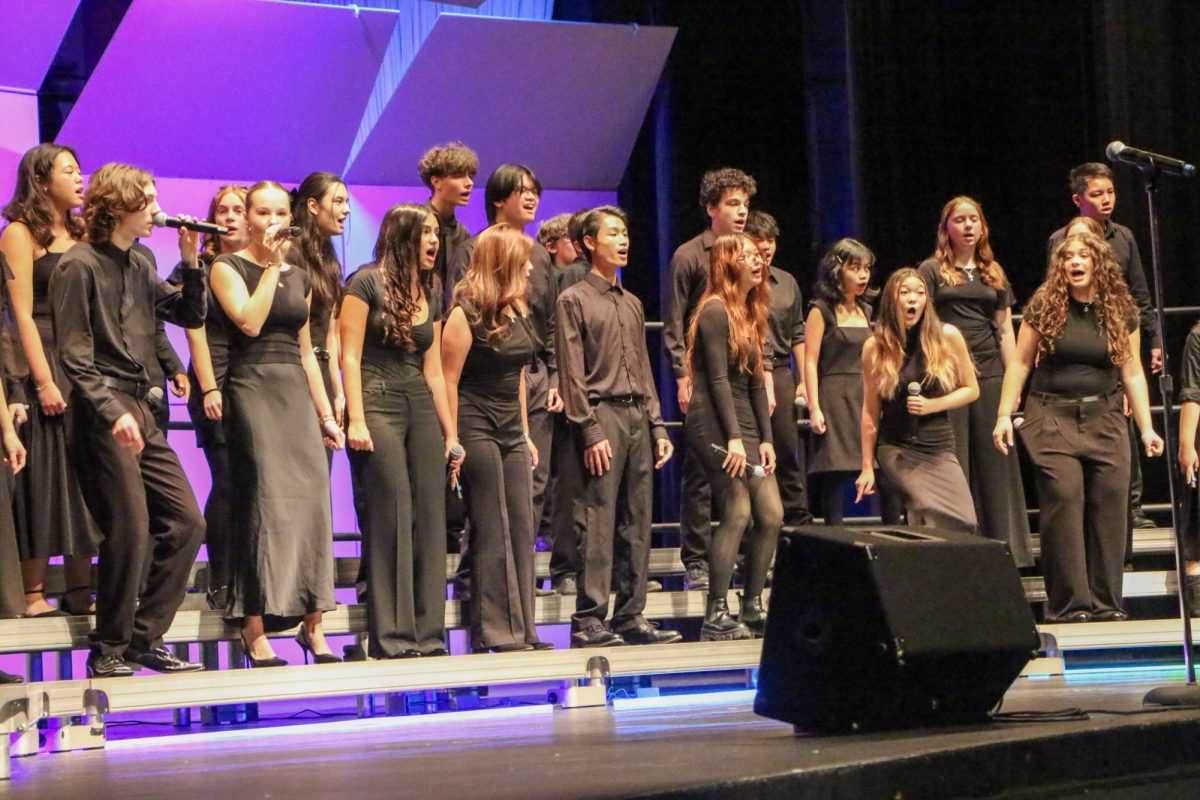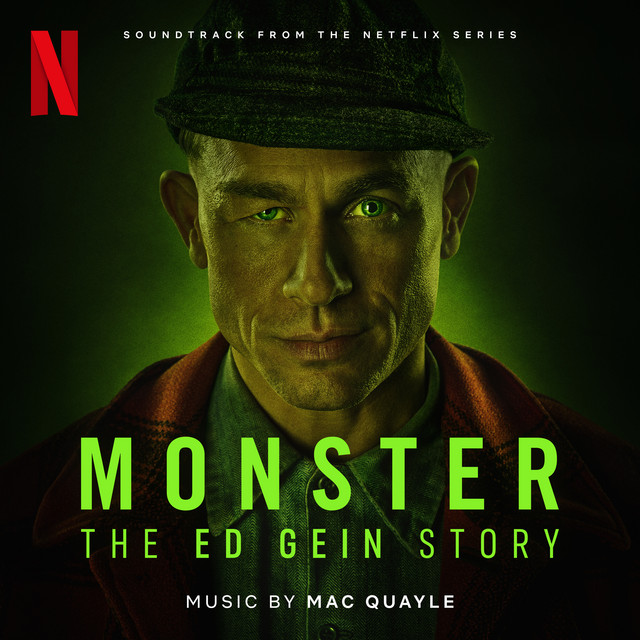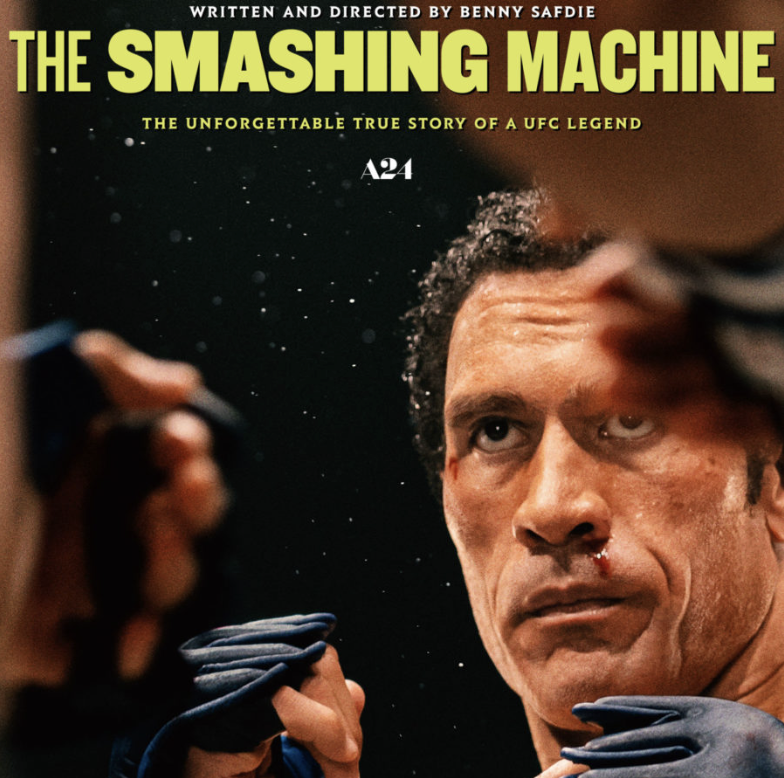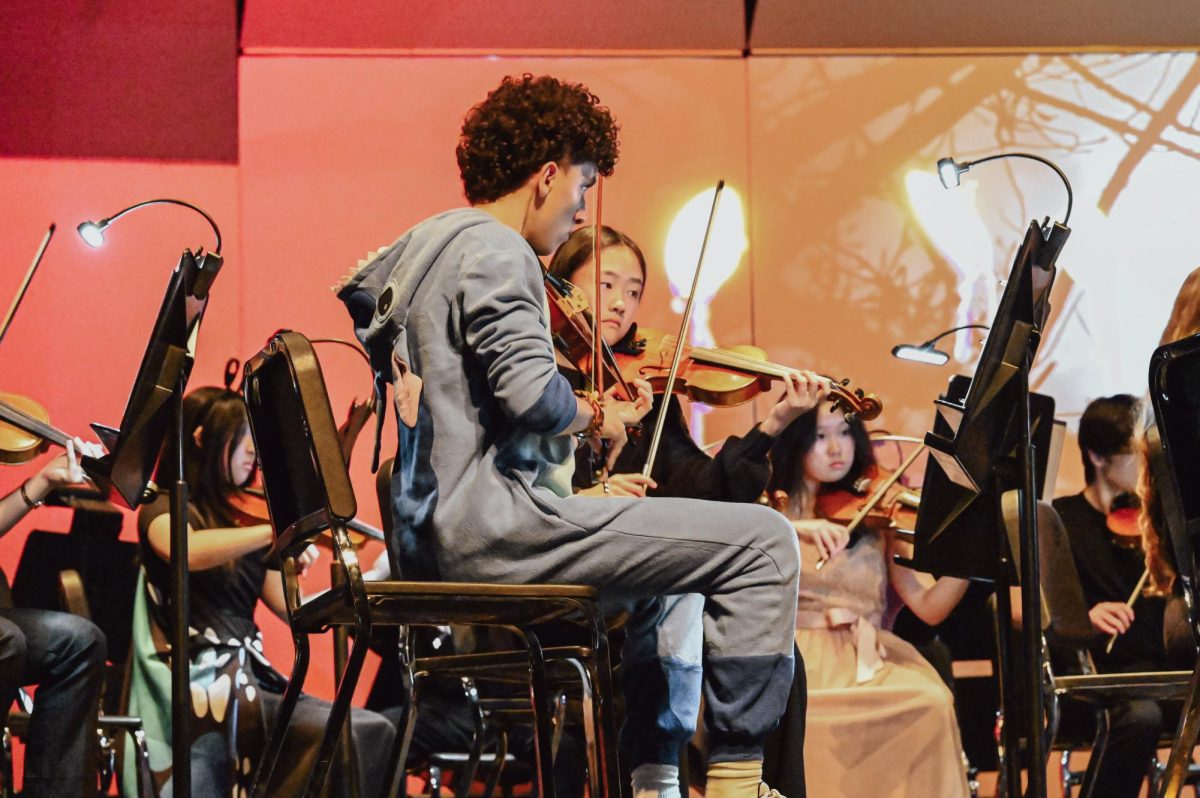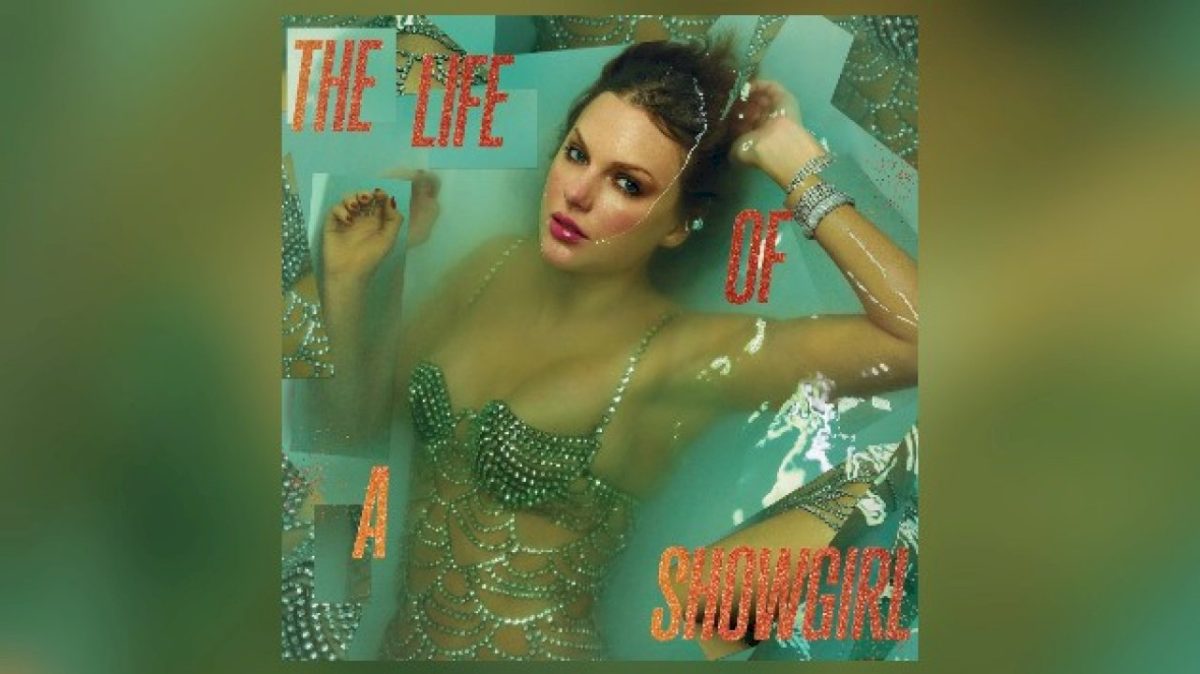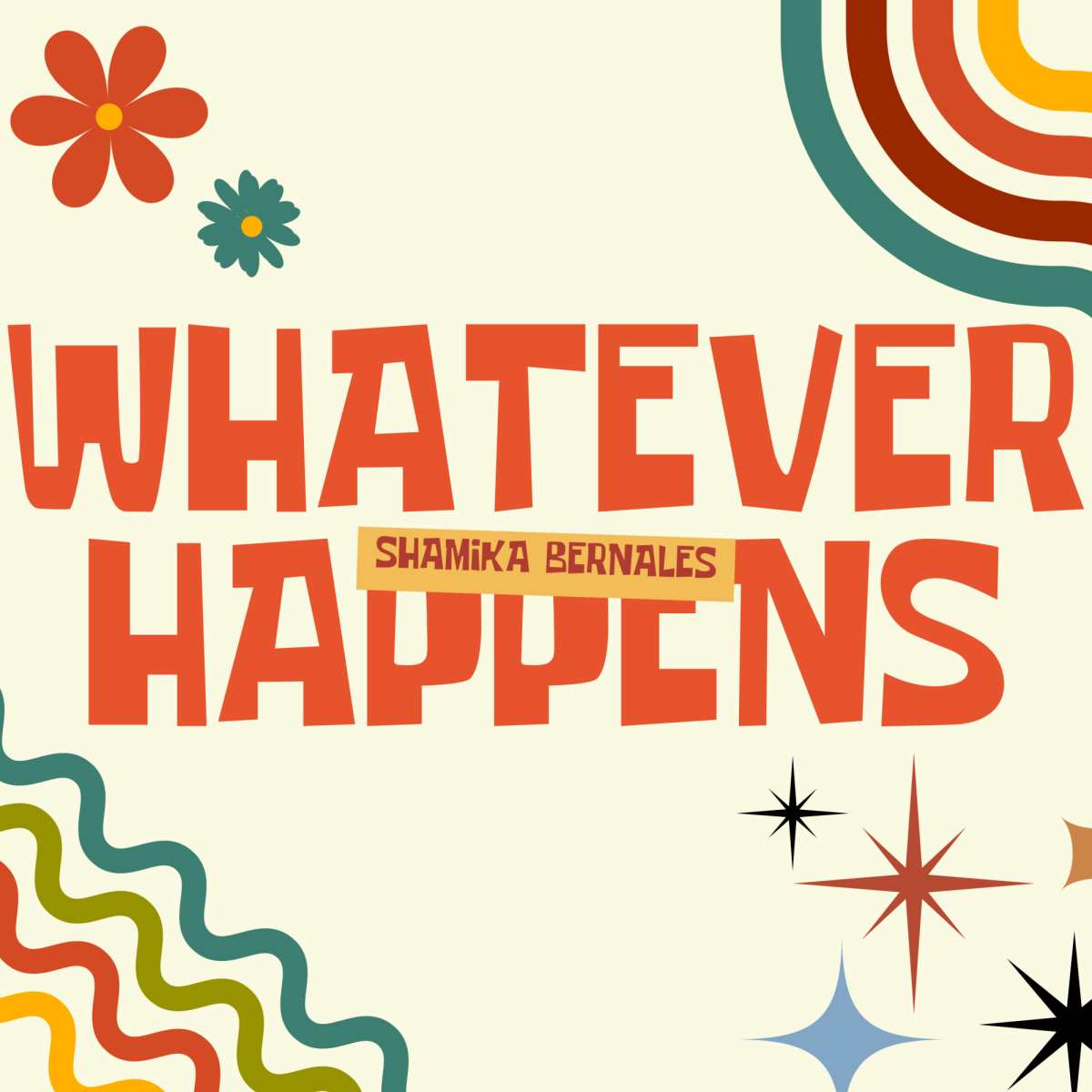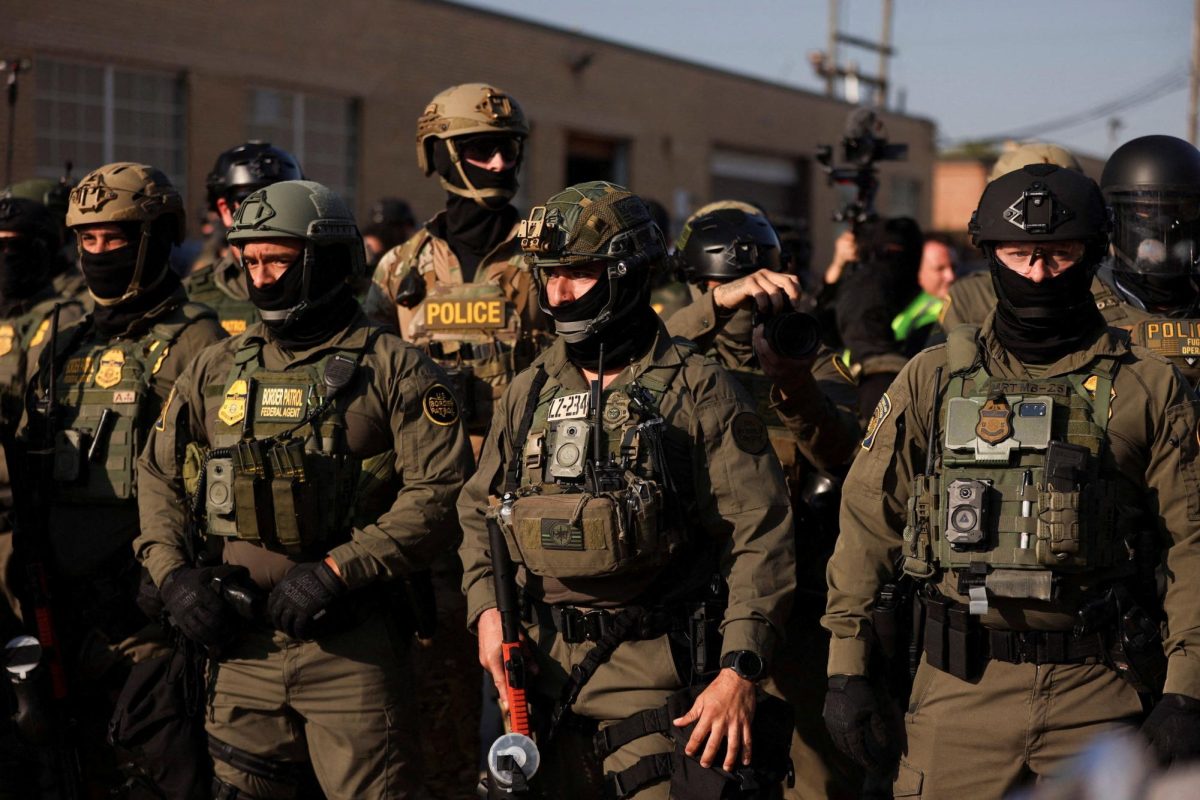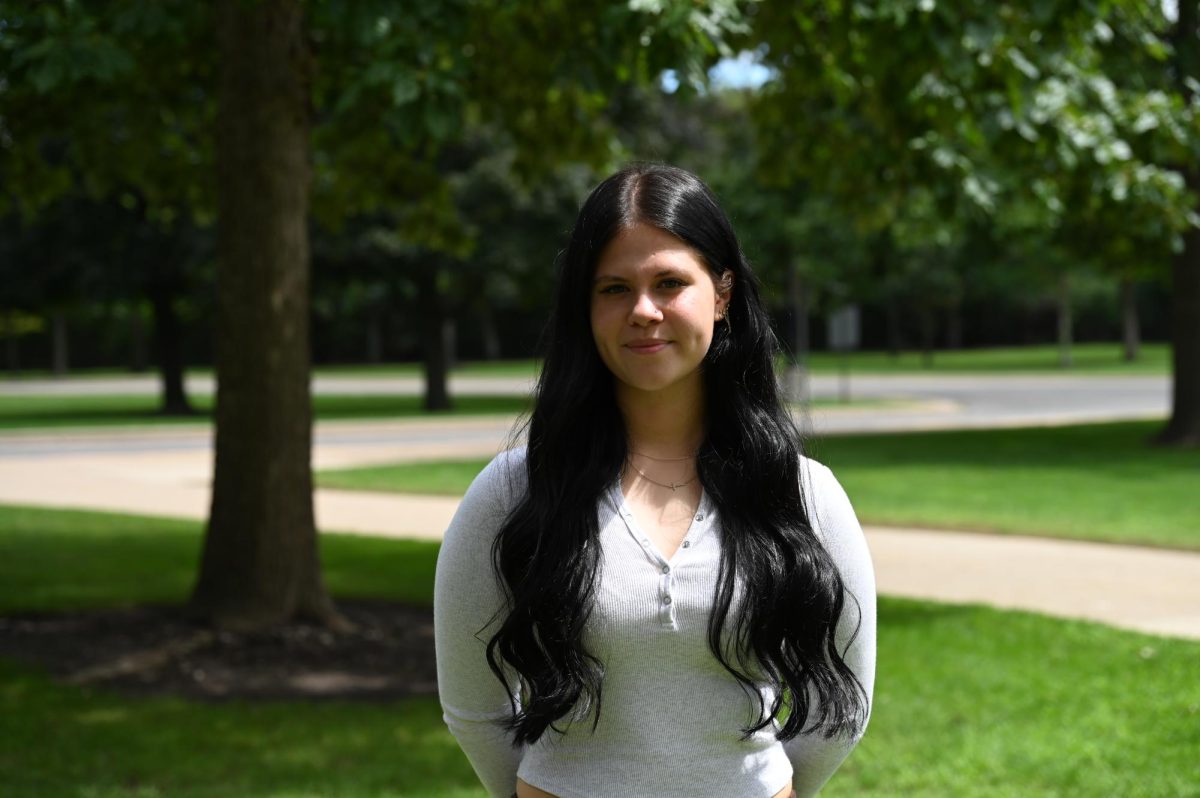Disclaimer: This article has mentions of topics and themes that may be disturbing for some readers.
David Anthony Burke, more commonly known as D4vd, is an 18-year-old singer and songwriter who first released a smattering of singles ranging from indie-alternative [independent-alternative] to pop to R&B [rhythm and blues]. D4vd experienced international chart success from his viral hit, “Romantic Homicide”, on Tiktok. The brutally honest lyrics about heartbreak and resentment connected with hundreds, and “Here with Me” reached stardom as well. With over 25 million monthly listeners on Spotify and more than 756 billion streams, his melancholy tunes and comforting voice established him as a genre-defying newcomer.
His most recent EP, [Extended Play] “The Lost Petals”, dropped on September 8 and is a continuation of his previous EP: “Petals to Thorns”. An EP is a musical release that is longer than a single, but shorter than a full-length album.
D4vd begins his EP with a somber tenor, “Notes From a Wrist”, which is a much more emotionally mature song, however, he opens with gentle keys and showcases his emotion-infused vocals. It’s calm in nature, but the piano and beat have a foreboding undertone. “Notes From a Wrist” delves into the complexities of internal battles and the search for self-acceptance. It conveys a sense of vulnerability and the struggle to find a sense of belonging and purpose.
“I wrote ‘Notes From A Wrist’ about a childhood friend that struggled with depression,” D4vd said when discussing the inspiration behind the track with New Musical Express. “It describes the pain experienced in an unstable home and something a lot of people in my generation experience and can relate to. The sonics are very stripped back, and the vocals almost sound like a looming voice in your head.”
The heart-wrenching song then follows a slow-building ballad, “Hollow Prayers”. It’s much more mellifluous than the first; the quiet snaps and a guitar strumming immerse the listener into a bittersweet experience. It’s a personal and emotional expression of D4vd’s struggles and his need for divine intervention or guidance. Religious or not, the title of the song suggests that he feels as though his prayers are not being answered, or perhaps he’s not sure if he’s praying for the right things. Although this presumably is the surface of it, it also seems to dig at the fact that he is in this battle between not hating himself and not exactly thinking he is the best person, but also not understanding who he is. He wants to be better, but he’s not sure how to. It’s a very relatable experience that isn’t outright thought about most times, and D4vd makes it work very well.
Taking a break from the tears, “Rehab” is much more rock-infused; the contemporary tune inspired by 2000s pop-punk opens with riffs reminiscent of the British rock band, Polyphia, as well as inspiration from Paramore and Deftones. Gone are the quiet, tender parts of him as he sings his heart out to a much more grunge song with heavy-hitting percussion and angst. The angry parts of D4vd shine through as he reflects on a toxic relationship and seeks escapism through a lifestyle that is just as self-destructive. It delves into his regret which turns into personal growth. He used drugs and alcohol as a means of escaping the pain and regrets of the relationship, however, the song highlights the struggle of letting go and recognizing that the relationship may not be healthy.
Once again, D4vd jumps right back into more melancholic tunes, however this time it includes woozy instrumentals that blend smoothly with lovesick lyrics. “Poetic Vulgarity” looks back on a past relationship that has gone sour. D4vd expresses his concern for his partner’s well-being, regretting the fact that they drifted apart. He sweetly croons out, “Sorry for bruising you up with my words… But you did the same.” The string instrumentals ebb and flow in the background as it paints a picture of not feeling enough for someone, although it was obvious the relationship is not going to last because the other person is pushing him away. His voice rises and falls with the piano, lofi [low-fidelity] beats humming alongside a soft violin.
The final song tinkers with elements of indie lofi beats, reminiscent of classic 80s and 90s Japanese cartoons such as “Sailor Moon” and “Ranma”, noting gaming culture and anime as some of his biggest influences. “Once More” seems sweet and retrospective, considering the sound of it, however, it explores the theme of heartbreak and the attempt to move on. It captures the profound impact it had on D4vd’s emotions, as it portrays the constant replay of memories and the shattered illusions of everlasting love. It feels like a warm hug that lingers after you’ve parted ways and said goodbye.
“The Lost Petals” is a perfect EP for a late-night drive, questioning life at midnight or simply wanting to listen to angelic blues under streetlights. D4vd’s unique songwriting and vocals have positioned him as an unassuming yet undeniable artist for the music industry; the EP is a solid 8/10 for those who enjoy heartrending music.


